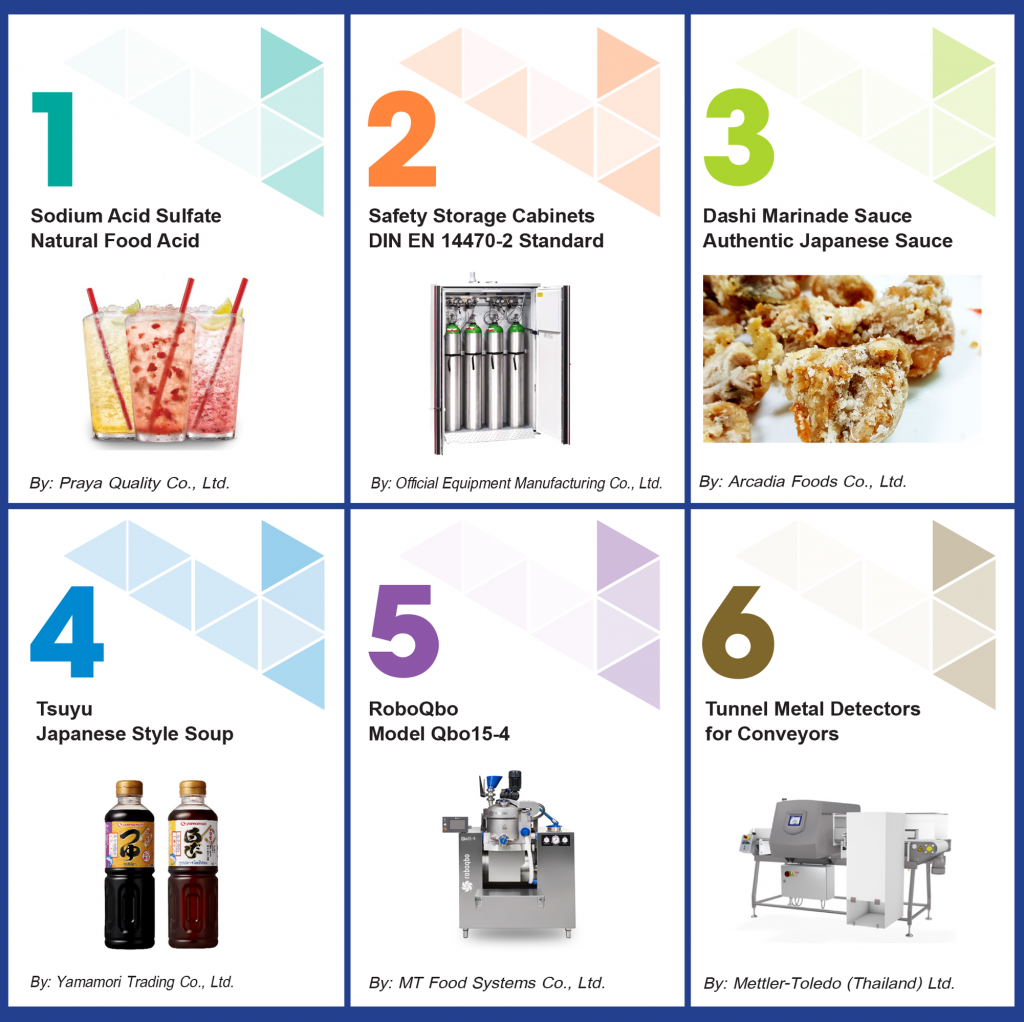CPRAM พร้อมยกระดับขีดความสามารถประเทศไทยให้เป็นศูนย์กลางนวัตกรรมอาหารของภูมิภาคเอเชีย
Compiled By: กองบรรณาธิการ
นิตยสาร ฟู้ด โฟกัส ไทยแลนด์
Editorial Team
Food Focus Thailand Magazine
editor@foodfocusthailand.com
บริษัท ซีพีแรม จำกัด ผู้ผลิตและจัดจำหน่ายอาหารพร้อมรับประทานรายใหญ่ที่สุดในประเทศไทย และหนึ่งในผู้นำด้าน Food Provider มาตรฐานโลก ได้วางแผนทิศทางธุรกิจ “CPRAM Transformation Roadmap” พร้อมเดินหน้าพัฒนาศักยภาพมาตรฐานยกระดับขีดความสามารถความเป็นผู้นำ Food Provider และก้าวสู่ผู้นำนวัตกรรมอาหารของประเทศและในภูมิภาคเอเชีย
CPRAM Transformation Roadmap
คุณวิเศษ วิศิษฏ์วิญญู กรรมการผู้จัดการ บริษัท ซีพีแรม จำกัด กล่าวว่า ซีพีแรมเดินทางผ่านยุคต่างๆ จวบจนปัจจุบันยุคที่ 7 คือ “ยุคศรีอัจฉริยะ” แต่ละยุคใช้เวลา 5 ปี ยุคนี้ได้ยกระดับขีดความสามารถขององค์กรด้วย CPRAM 4.0 ขับเคลื่อนองค์กรด้วยเทคโนโลยีและเป็นผู้นำ 3S (Food Safety, Food Security และ Food Sustainability) สู่ความยั่งยืนของอุตสาหกรรมอาหารของโลก รวมถึงกำหนดยุทธศาสตร์องค์กรยุคที่ 7 ระยะ 5 ปี ด้วย “CPRAM Transformation Roadmap” ประกอบด้วย (1) Organization Transformation (2) New Business (Vending machine, Catering Service) (3) Digitalization (4) Robotization และ (5) จัดตั้ง Food Technology Exchange Center (FTEC) พร้อมตั้งเป้าหมายยอดขาย 20,000 ล้านบาท ในปี 2562 ด้วยกลยุทธ์การขยายตลาดทั้งเชิงลึกตอบโจทย์ความต้องการเฉพาะของผู้บริโภค และเชิงกว้างสู่ภูมิภาคทั่วประเทศไทย
นอกจากนี้ยังเตรียมจัดตั้ง Food Technology Exchange Center (FTEC) เพื่อเป็นศูนย์กลางในการสร้างความร่วมมือและประสานงานทุกภาคส่วนที่เกี่ยวข้องกับอุตสาหกรรมอาหารทั้งภาครัฐและภาคเอกชน
CPRAM Co., Ltd., the largest producer and distributor of ready-to-eat food in Thailand and one of the leaders in world standard food provider, detailed the business direction of “CPRAM Transformation Roadmap” to announce the potential development plan for becoming a leading food provider and food innovation in the country and in Asia.
CPRAM Transformation Roadmap
Mr.Wisade Wisidwinyoo, President of CPRAM Co., Ltd. said that CPRAM travels through various eras. Today, CPRAM is entering the 7th generation, “Genius Era” — each period takes 5 years. Nowadays, the company raises the capacity of the organization with CPRAM 4.0 policy which is driving by technology. The company elevates ready-to-eat food with 3S (Food Safety, Food Security and Food Sustainability) to achieve the sustainability of the global food industry. The company has also established the organization strategy for the 7th generation with the name “CPRAM Transformation Roadmap”, which consists of Organization Transformation, New Business (Vending machine, Catering Service), Digitalization, Robotization, and the establishment of Food Technology Exchange Center (FTEC). The company targets sales of THB 20,000 million in 2019, with both in-depth market expansion strategies to meet the specific needs of consumers, and broadly into regions throughout Thailand.
CPRAM is currently preparing to set up the Food Technology Exchange Center (FTEC) to be a center for cooperation with all sectors related to Thai food industry, both public and private areas.









